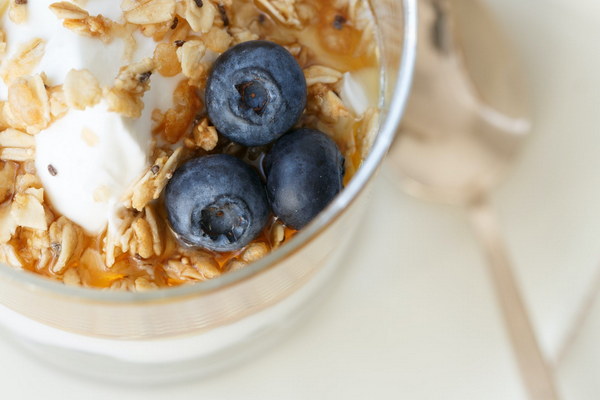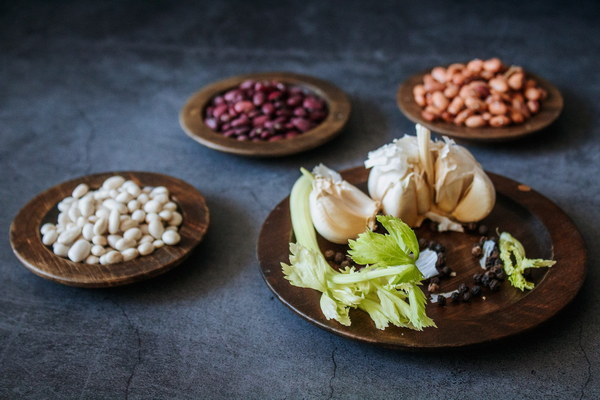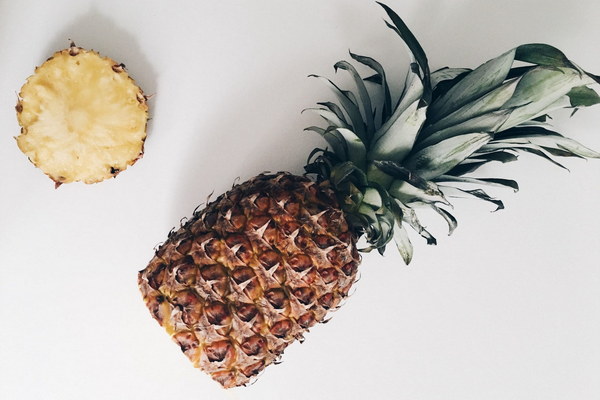Natural Remedies and Nutritious Foods to Combat Excessive Sweating in Children
Excessive sweating, also known as hyperhidrosis, can be a concerning issue for children. It can lead to discomfort, embarrassment, and even affect their social interactions. While medical treatment may be necessary in some cases, natural remedies and a nutritious diet can also help alleviate the symptoms. In this article, we will explore some natural remedies and foods that can help combat excessive sweating in children.
1. Hydration:
One of the most important aspects of managing excessive sweating is ensuring that your child stays hydrated. Dehydration can exacerbate sweating, so it is crucial to encourage them to drink plenty of fluids throughout the day. Water, milk, and natural fruit juices are great options. It is also beneficial to incorporate electrolyte-rich drinks like coconut water, which can help maintain the body's fluid balance.
2. Foods High in Magnesium:
Magnesium is a mineral that plays a crucial role in regulating the nervous system and maintaining normal body temperature. A deficiency in magnesium can lead to increased sweating. Foods rich in magnesium include almonds, cashews, sunflower seeds, spinach, and black beans. Incorporating these foods into your child's diet can help manage excessive sweating.

3. Vitamin B Complex:
The B vitamins, particularly B6 and B12, are essential for maintaining a healthy nervous system and reducing stress levels. Stress can exacerbate sweating, so ensuring your child gets enough B vitamins can help manage their symptoms. Foods high in B vitamins include whole grains, nuts, seeds, lean meats, and dairy products.
4. Vitamin E:
Vitamin E is an antioxidant that helps protect the skin and reduce inflammation. It can also help regulate sweat production. Foods rich in vitamin E include almonds, sunflower seeds, avocados, and spinach. Adding these foods to your child's diet can help manage excessive sweating.
5. Herbs and Spices:
Certain herbs and spices have natural properties that can help regulate sweating. For instance, turmeric has anti-inflammatory properties and can help reduce sweating. Other herbs like ginger and cinnamon can also be beneficial. Adding these herbs and spices to your child's meals can help alleviate excessive sweating.
6. Avoid Certain Foods:
Certain foods can trigger excessive sweating in some children. It is essential to identify and avoid these triggers. Common culprits include spicy foods, caffeine, and alcohol. Encourage your child to stay away from these foods and observe if their sweating decreases.
7. Exercise and Breathing Techniques:
Regular exercise can help improve your child's overall health and may also help manage excessive sweating. Additionally, practicing deep breathing techniques can help reduce stress levels, which, in turn, can decrease sweating.
In conclusion, excessive sweating in children can be a challenging issue, but it can be managed with natural remedies and a nutritious diet. By ensuring proper hydration, incorporating foods rich in magnesium, vitamin B complex, and vitamin E, and avoiding certain triggers, you can help your child find relief from excessive sweating. Remember, if the problem persists or worsens, it is important to consult a healthcare professional for further evaluation and treatment.









